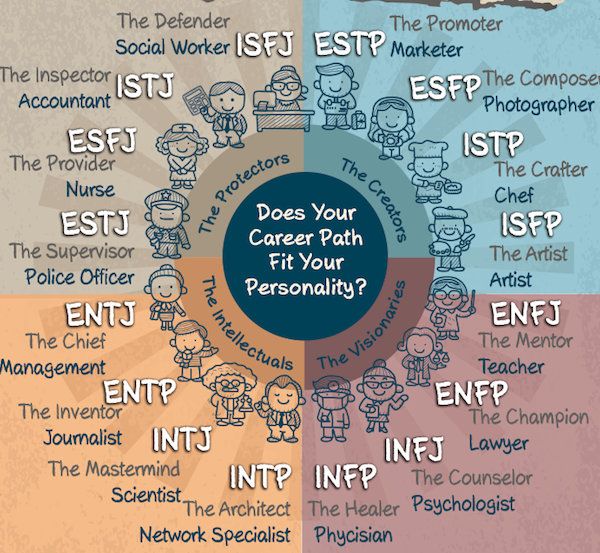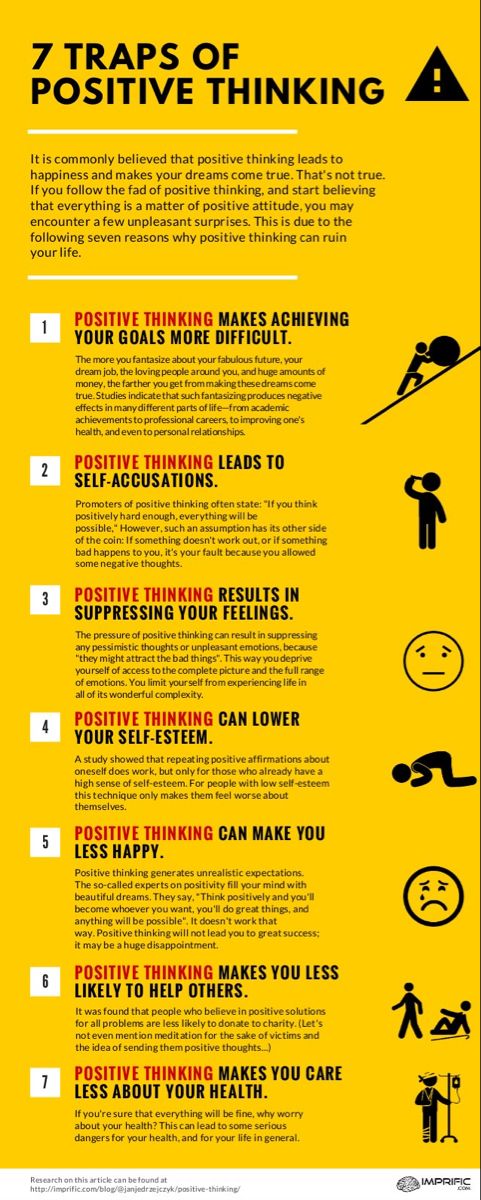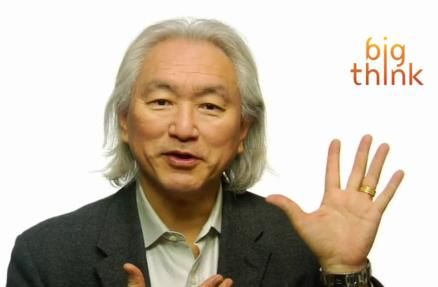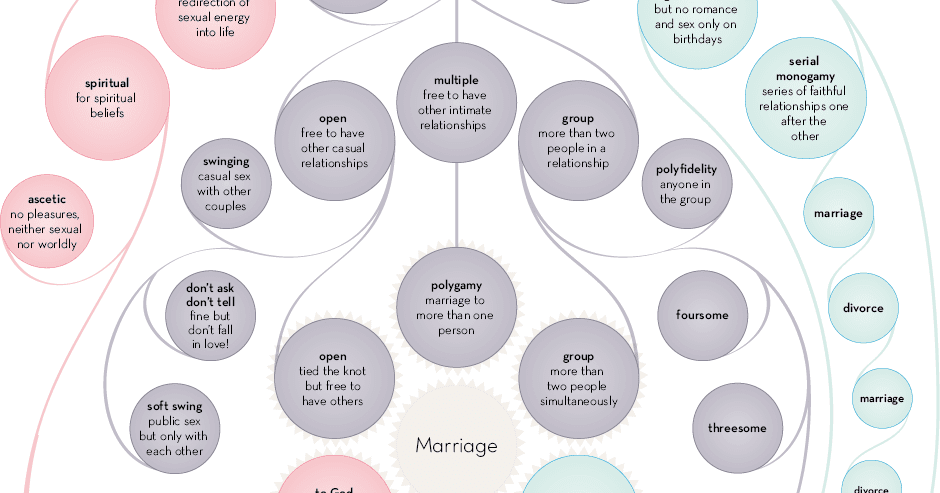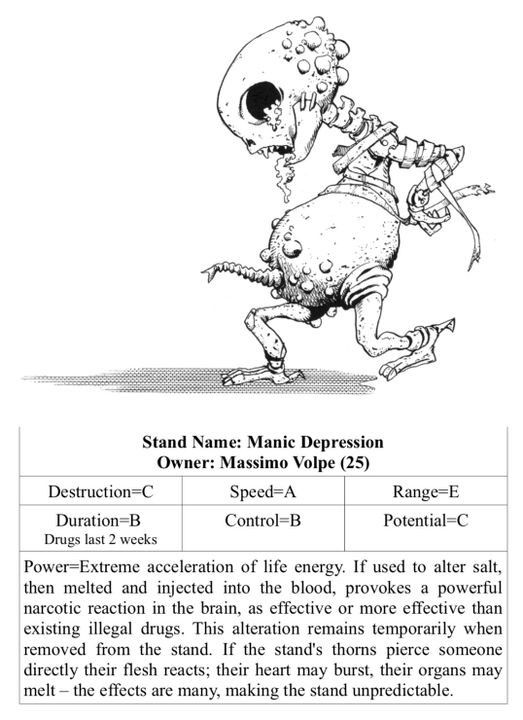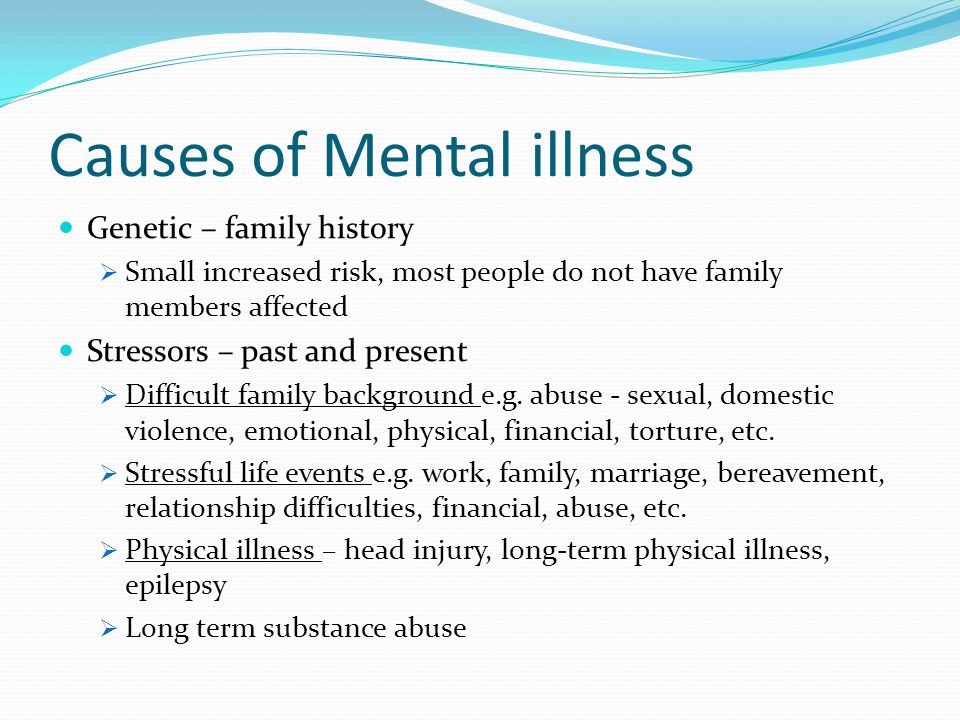Best personality type for sales
What Kind of Sales Personality Do You Want? (According to the Myers Briggs Test) - Team Building Activities
Salespeople are not all created equal; some use direct value-based tactics while others may prefer to lay on the personal charm. An individual’s personality will influence the kind of strategies they use when trying to convince customers to spend money. It is useful for a business to comprehend the personality type of employees, especially during the recruiting process to see if it aligns with the company’s style.
The Myers Briggs Type Indicator (part of our Team Performance Accelerator) is one test that enterprises can use to learn the characters of its salespeople. Not everyone is suitable for the sales department, and a personality test helps to narrow down the options. A good comprehension of personality types can help sales heads to motivate their teams accordingly.
While any personality type can make a good potential sales person, these profiles are seen as particularly suited to sales roles:
1) ESFJ
This Myers-Briggs personality type is considered the best for after sales professionals and account managers. An ESFJ is motivated to help others. This individual is quick to notice when another person is in need and does everything to provide it. Regardless of the size of the task, an ESFJ will put all effort into getting the best results. The enthusiasm of the ESFJ is suitable for sales because an individual is energised most of the time and is resilient to rejection and negative feedback. Up-selling to existing customers can take a while, and it helps if a representative can maintain the same passion throughout the process.
2) ESTP
A salesperson with this personality is most useful for short-term projects – such as new client acquisition or closing sales after others have put in the groundwork. ESTPs are all about immediate results, and they achieve them with style. Such a sales representative would thrive in tasks that involve high risks like a sales contest with a lucrative bonus.
3) ENTJ
Considered as born leaders, an ENTJ personality type makes a good salesperson because they are outcome driven.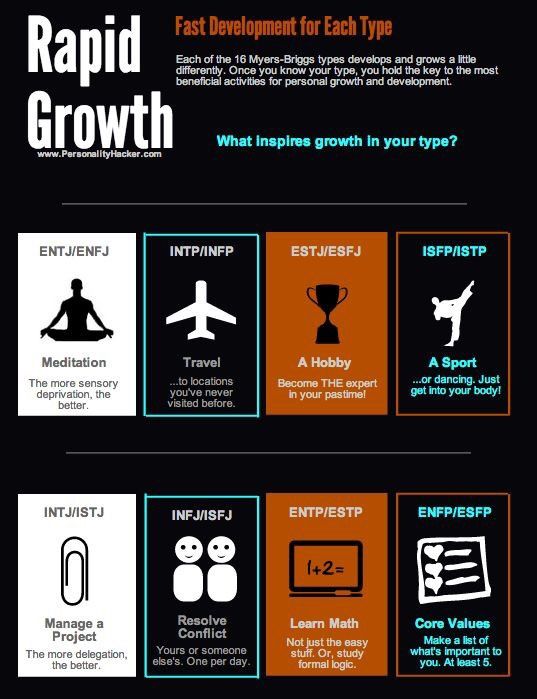 An ENTJ salesperson will be prepared to play a long game and nurture a lead through to a successful close. However, they may have trouble in a setting where consensus is required for decision-making, so may thrive as independent field sales agents. ENTJs are creative when crafting solutions, and that is important when dealing with challenging sales strategies.
An ENTJ salesperson will be prepared to play a long game and nurture a lead through to a successful close. However, they may have trouble in a setting where consensus is required for decision-making, so may thrive as independent field sales agents. ENTJs are creative when crafting solutions, and that is important when dealing with challenging sales strategies.
4) INTJ
Although innately independent, INTJs don’t have trouble following a leader. This personality type works best when tasked with providing explanatory perspectives. A salesperson with this personality is effective at spotting patterns, which can be invaluable when developing a sales plan. Some companies set their INTJ team members to work in marketing roles, or preparing a sales case to be implemented by other colleagues.
5) ISTP
When problems arise with a company’s sales strategy, it helps to have an ISTP on the team. The flexibility of this personality type makes it easy to adapt to different situations.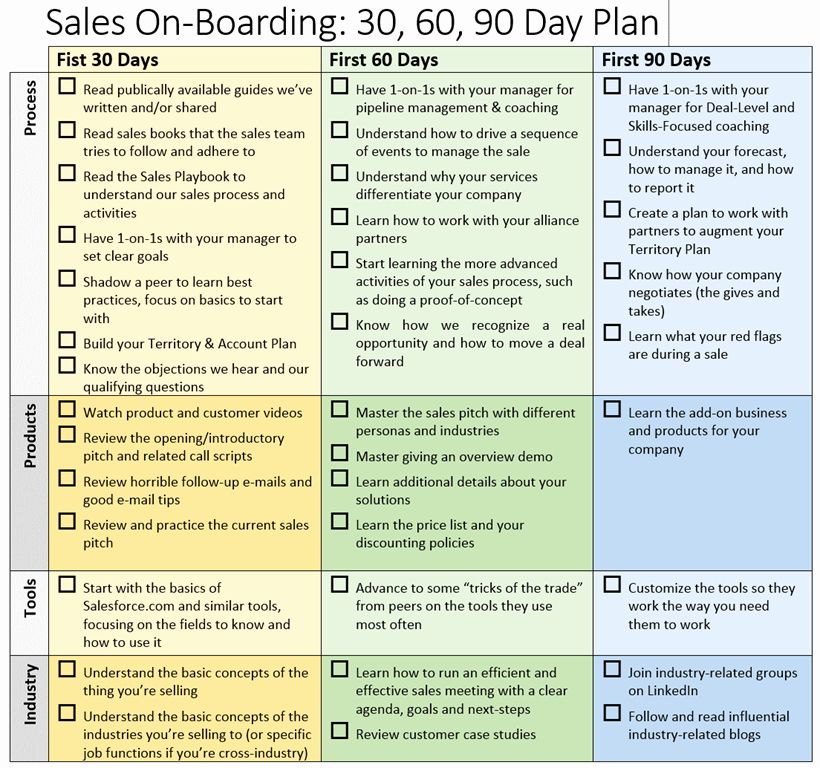 ISTPs are also adept at picking apart facts to create solutions. Many ISTPs make good sales managers and team leaders.
ISTPs are also adept at picking apart facts to create solutions. Many ISTPs make good sales managers and team leaders.
Which MBTI Type is the Best Salesperson?
A Myers-Briggs test will not tell you how successful an individual will be at a sales role, and profiling is no substitute for regular training and individual KPI assessment. ESFJ types may be a favourite for companies looking to improve their sales, but it is important to understand that no one personality type can be defined as perfect for a specific role. Personal traits only provide an understanding of how an individual thinks and approaches situations. Besides the Myers-Briggs Type Indicator, a company must factor in other elements that make a good salesperson such as transparency, patience and trust.
Using the MBTI, employers can avoid underutilising their salespeople and apply the right motivational tactics to push them. Whether it’s assembling a first-rate team or booking a training seminar, an enterprise should evaluate the personality types of its salespeople carefully.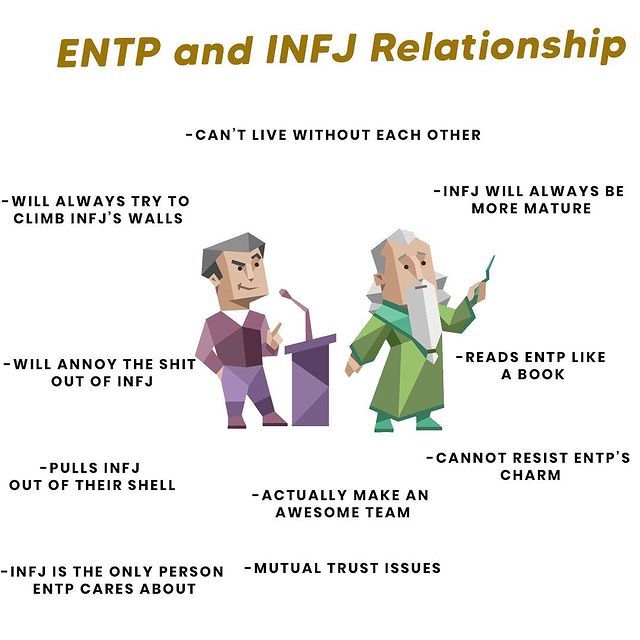
What would a high-performing, fully aligned team do for your Organisation’s bottom line?
Underpinned by MBTI – empower your team to overcome their performance challenges and smash their targets in 3 steps with our Team Performance Accelerator: https://emlteam.com/team-performance-accelerator/
Get in touch now to build a high performance team with a clear plan for success.
More Information
Request A Quote
Category
- All Topics
- Engagement
- Event Organisation
- Graduate Programmes
- Myers Briggs (MBTI)
- Productivity
- Psychometric Workshops
- Team Building
- Wellbeing
Sort By
Sort Results ByNewestOldest- Reset
“Thank you for yesterday, it was lovely to meet you both, and it was a great day. Lots of positive feedback and I think we really took a lot away, especially from the MBTI. We’re currently trying to find a space to hang our artistic masterpiece!”
Lots of positive feedback and I think we really took a lot away, especially from the MBTI. We’re currently trying to find a space to hang our artistic masterpiece!”
Siobhan Yap | Manager | TUI
The Secret to Managing Salespeople? Start with Their Myers-Briggs Personalities
While it's true that not everyone is a perfect fit for sales, most people just need the right motivation and management to thrive. And understanding your team's personality types (as well as those of potential hires) can help you motivate, develop, and train them more effectively.
One of the best ways to approach personality in a concrete way is by using a personality framework such as MBTI (Myers-Briggs Type Indicator).
Sales Personality Types
As a reminder, the Myers-Briggs Type Indicator® identifies 16 personality types that emerge from your preferences. Those preferences are:
Administering the Myers-Briggs test allows you to discover your employee's preferences, and it assigns each of them a four-letter "type" that encompasses their personality.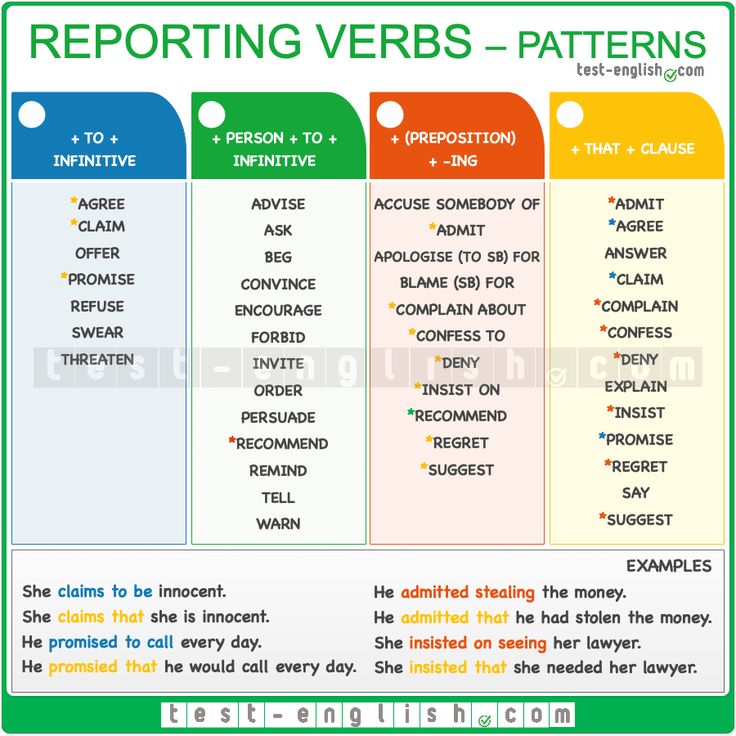
This type can then be used to understand the individual's motivational factors.
Identifying salespeople's Myers-Briggs personality types is a great place to start when attempting to understand motivational factors. But how do you know which types will thrive in sales?
What personality types succeed in sales?
- ESFJ (The Provider)
- ESTP (The Explorer)
- ENTJ (The Visionary)
- INTJ (The Intellectual)
- ISTP (The Detective)
- INFJ (The Counselor)
- ESTJ (The Commander)
1. ESFJ (The Provider)
ESFJs are compassionate, enthusiastic, and friendly. Due to their Extraversion score, they exude energy when working with people. This helps them maintain the same amount of passion for the work regardless of its ups and downs. In addition, due to the combination of their personality traits, you'll find that ESFJs are motivated to help people (an excellent trait in sales) and adept at communicating and building rapport. All of these factors combined make ESFJs successful in sales roles.
All of these factors combined make ESFJs successful in sales roles.
2. ESTP (The Explorer)
ESTPs are personable, practical, and detail-oriented. Because ESTPs think logically, they may have difficulty capitalizing on the whims and handling the objections of particularly emotional prospects. However, ESTPs are observant and pick up on things others might easily miss. They're also truth-seekers, and they are not uncomfortable with getting pushy to make a sale as long as it makes sense for the prospect. With this in mind, ESTPs function best as closers.
3. ENTJ (The Visionary)
ENTJs are talkative, high-achievers who love to explore new ideas. Because they're outcome-oriented and easily able to see the "big picture," ENTJs are great for organizations with long sales cycles and structured sales processes. They're skilled promoters, if a bit intense, who easily take charge of social situations.
4. INTJ (The Intellectual)
INTJ is a less obvious personality type for a sales role due to their Introversion and Thinking traits. INTJs will quickly become drained by too much social interaction, which may sound counter-intuitive in sales.
INTJs will quickly become drained by too much social interaction, which may sound counter-intuitive in sales.
However, introverts can be deceptively good at sales, particularly in subtler roles with more emphasis on inbound processes than pounding the pavement. INFJs are adept at analysis and logic, so they can excel when creating sales plans, perfecting processes, and spotting tactics that aren't working. They're also great at research, which can make prospecting a breeze.
5. ISTP (The Detective)
Similar to the INTJ, ISTPs are more reserved and find social situations taxing. At the same time, ISTPs are adaptable, self-sufficient, and spontaneous, which are all great traits for fast-paced sales roles. Because they're logical and detail-oriented, they're great "process people" and can excel as sales leaders and managers.
6. INFJ (The Counselor)
For INFJs, the Introversion score is a little misleading. While too much social interaction can be exhausting for them, many INFJs are ambiverts by nature and highly attuned to the emotions and feelings of the people around them.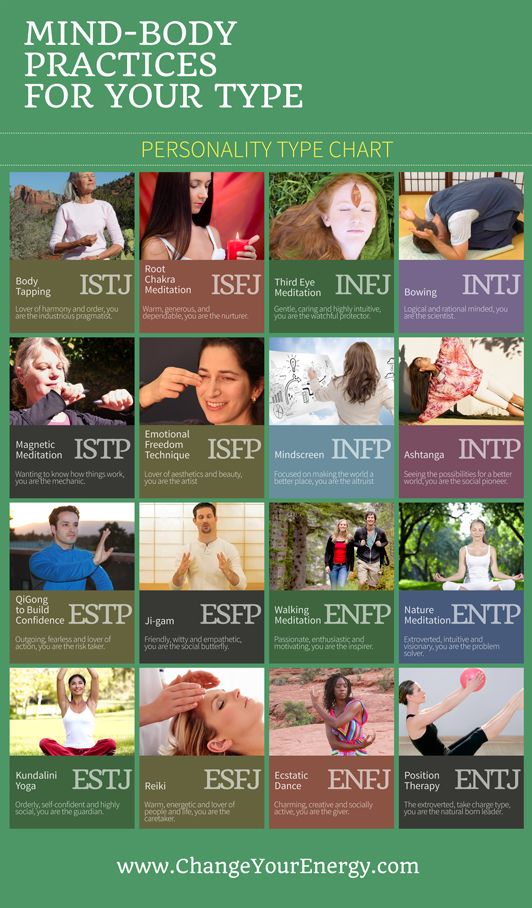
In addition, INFJs tend to think both creatively and logically, tapping into their "whole brain" when applying skills and completing tasks. These two traits make them empathetic communicators and excellent troubleshooters, which is valuable in many sales roles.
However, INFJs are also passionate about making the world a better place and will become easily drained if there's no altruistic aspect to their work. Many INFJs are energized by ongoing and constant improvement, working hard to impact the lives of those around them, and this makes them excellent at creating structure and processes for the team.
7. ESTJ (The Commander)
If you need a sales rep to come into an already-established process and thrive, the ESTJ is as good a hire as any. Their unique trait combinations make them uniquely able to abide by existing rules and structures. They take direction from leadership well and are self-motivators who hold themselves accountable. At the same time, they're high-energy individuals who thrive on social interaction.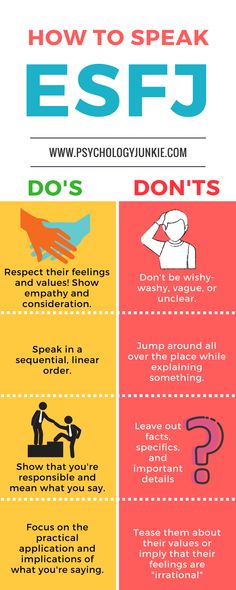 ESTJs are detail-oriented, making them great listeners who take action on what prospects say.
ESTJs are detail-oriented, making them great listeners who take action on what prospects say.
Managing and Motivating Salespeople Based on Personality Type
Now that you know more about the Myers-Briggs personality types and how they relate to sales, you can then make sales management decisions based on personality traits.
Because it's not always feasible to create a sales management plan based on each team member's specific profile, I've created a quick cheat sheet to help you manage all the 16 Myers-Briggs personalities like a pro, grouping each type into the following four commonly used buckets:
Explorers
Charming, smart, enthusiastic, and energetic —explorers make some of the best salespeople around. They are social, enjoy being held to challenging metrics, and always find new ways to solve old problems.
To motivate this group, you'll need a variety of strategies. ESTPs require a fun but firm manager. They live on the edge, so enlisting them to participate in high-risk, high-reward sales contests might yield impressive results.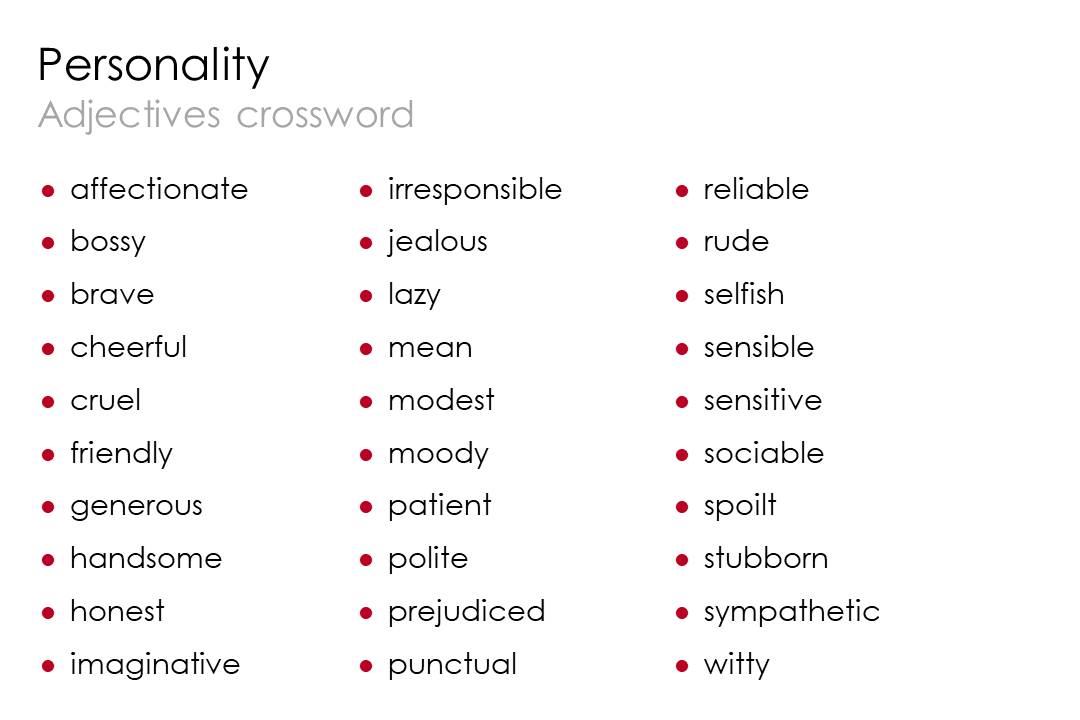 ISTPs like to keep things practical. Give them the task of searching for technology that will increase team efficiency and you'll see them rise to the occasion.
ISTPs like to keep things practical. Give them the task of searching for technology that will increase team efficiency and you'll see them rise to the occasion.
A firm schedule is in order for your ESFPs.You can harness their spontaneous nature with a little 9-to-5 rigidity.. And for ISFPs, it's good to be in the details. They're artistic and charming, but might require a goal-oriented strategy to channel that creative energy into sales stats you can both be proud of. For instance, try holding them to activity metrics, like sending a certain number of emails every day or breaking their monthly or quarterly quota into weekly numbers.
Diplomats
"Diplomatic" might not be a word commonly associated with salespeople, but it's crucial to have a few of these personality types on your team. They may seem quiet or overly eager to please (which is not always a good thing in sales), but they're also charismatic and hard-working until the end. In other words, diplomats are the salespeople you want by your side when you're three hours and $10,000 shy of your quarterly sales deadline.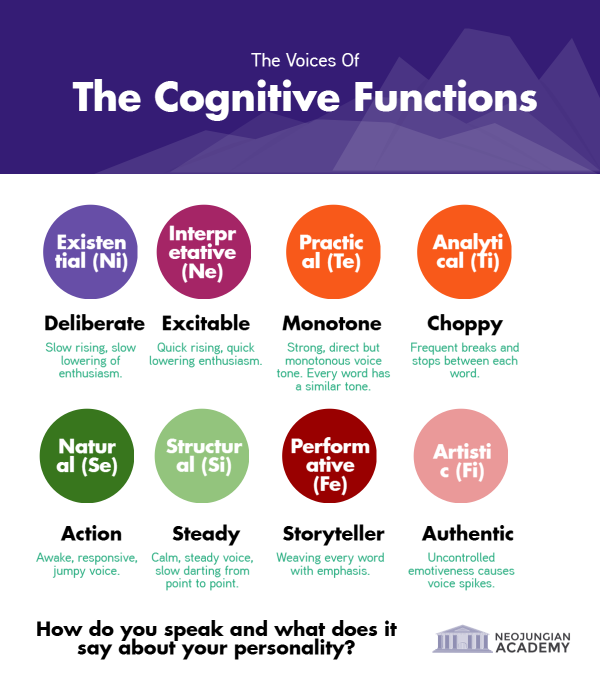
So how do you motivate them? INFJs really appreciate quality time. Try not to miss their weekly check-ins and always ask how they're doing. For INFPs, acknowledgement is key. Did they break a personal record last quarter? Give them kudos at your next all-staff meeting.
Teamwork is an effective way to motivate ENFJs. Enlist them to mentor junior team members so they can teach others their tried-and-true selling tricks. Your ENFPs need a creative outlet every once in a while. Those may be few and far between in the world of sales, but you might consider allowing them to create a piece of sales enablement content for other reps instead of handing that task off to Marketing.
Analysts
Your most curious, bold, innovative, and strategic salespeople fall under the analyst group . They're not satisfied with the processes or explanations your company has relied upon for years, and they love a good challenge.
INTJs do their best work when you, as their manager, outline a path to success.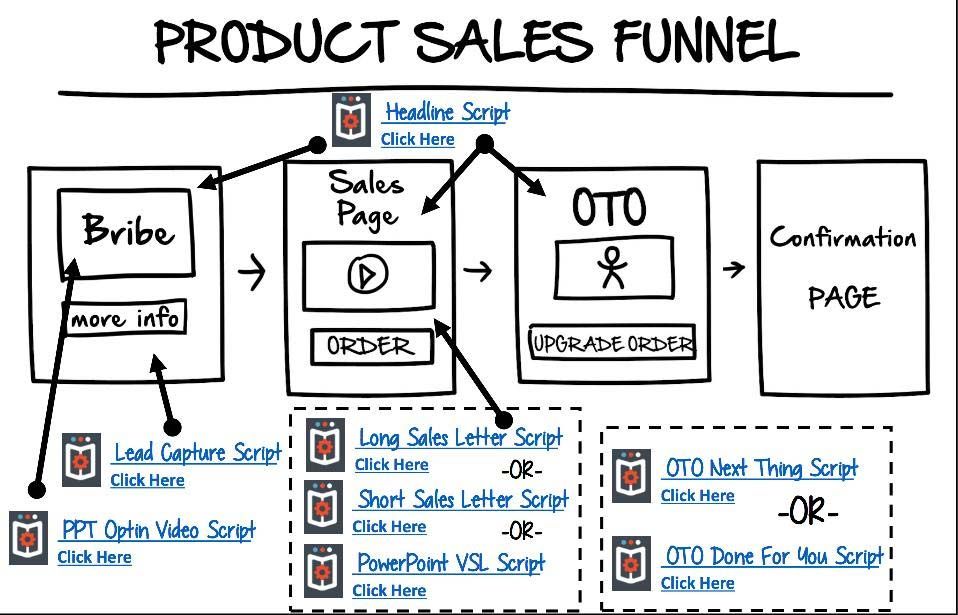 Have lofty goals for revamping your tired CRM workflow this quarter? Assign the task to your INTJ and put together a strategic plan for how they will succeed.
Have lofty goals for revamping your tired CRM workflow this quarter? Assign the task to your INTJ and put together a strategic plan for how they will succeed.
ENTJs are born leaders, so dangling a team mentor or sales management position in front of them is a great way to keep them focused and fulfilled. Oh, and ENTPs would prefer if you didn't beat around the bush. Be open and honest about their performance this quarter, and you'll receive respect and loyalty in return.
Sentinels
This unique group of personalities is here to keep your team grounded. Practical and detail-oriented, sentinels make great managers and caring teammates. To keep them motivated, consider a few of the suggestions below.
Make sure you keep challenging ISTJs. They love solving problems, so let them solve the most pressing ones facing your team or company — for instance, analyzing a decrease in ASP or crafting new positioning against an up-and-coming competitor. ISFJs rely heavily on specificity from their managers.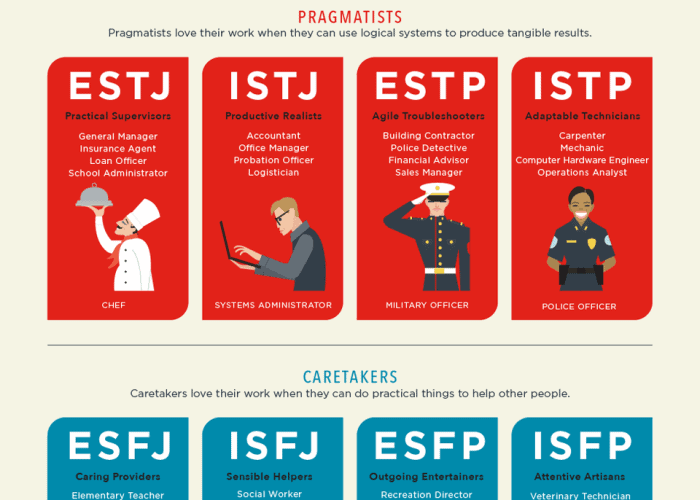 Make sure their quarterly goals are thoroughly outlined and include an actionable path to success.
Make sure their quarterly goals are thoroughly outlined and include an actionable path to success.
Speak logically with your ESTJs and you'll be speaking their language. Reorganizing your sales regions? Explain the reasoning to your ESTJ to get them on board first. And be an involved manager with your ESFJs. They're eager to help and will do their best work when you carefully outline their goals and check in regularly to make sure they're aware of and meeting your expectations.
Qualities of Strong Salespeople
Keep in mind that anyone can thrive in sales with the proper motivation and working environment. Think of your own sales team — odds are each person has a different selling style.
That said, the same names may appear at the top of the leaderboard every week. If not for personality, what do the top performers have in common? Chances are they emulate certain qualities that prime them for success.
Here are some of those qualities:
1. Goal-Oriented
It's hard to progress if you don't know which direction you're going.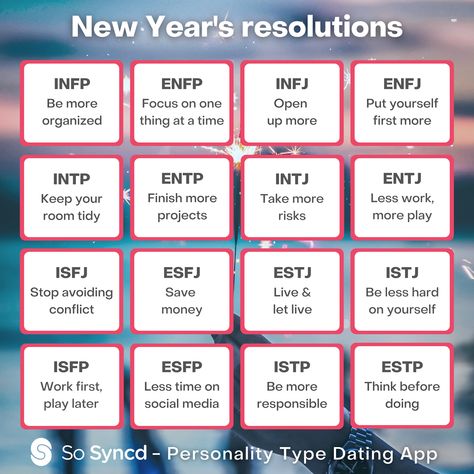 The best salespeople set ambitious — but attainable — goals. They know exactly what they want to accomplish and take the necessary steps to get there.
The best salespeople set ambitious — but attainable — goals. They know exactly what they want to accomplish and take the necessary steps to get there.
2. Optimism
Being optimistic is more than wearing a smile during sales calls, meetings, and pitches — it's a mindset that helps great salespeople overcome difficult situations and even rejection. It also influences a variety of other key qualities, like drive, confidence, and perseverance.
3. Ability to Listen and Empathize
A great salesperson doesn't do all the talking. Instead, they show interest, ask thoughtful questions, listen actively, and offer relevant solutions. This builds rapport and trust with both new and current customers.
4. Eager to Learn
The best salespeople commit to learning and growing. For every win or loss, they take a step back to analyze what went right and where they can improve. They also read blogs, listen to podcasts, and stay up to date on trends and recent news in the sales world.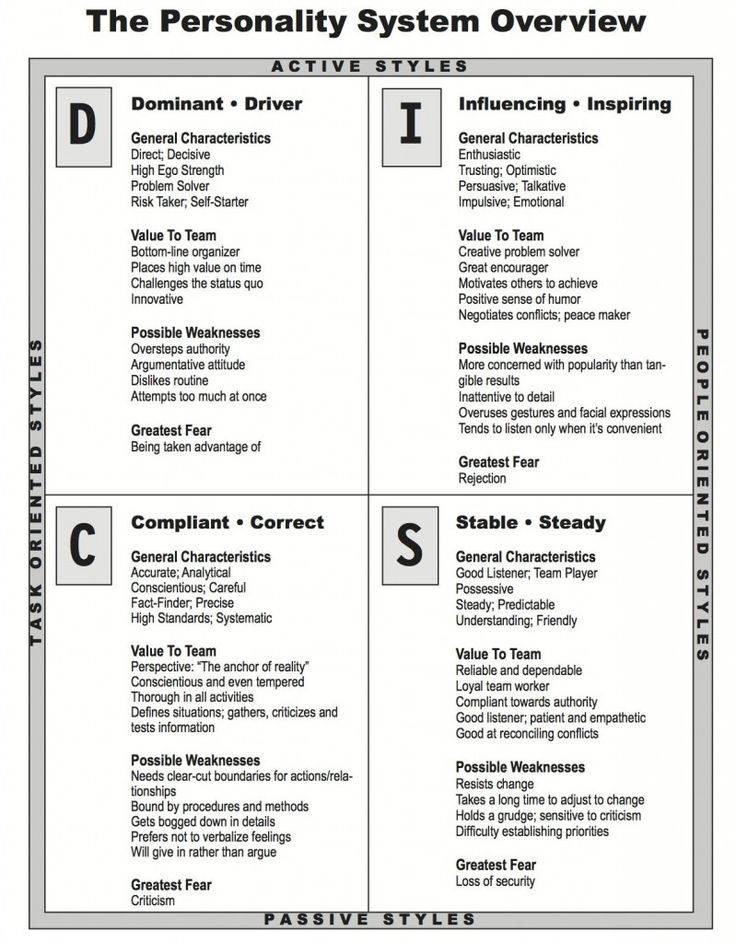
5. Emotional Intelligence
In tough moments, excellent salespeople don't throw a fit or blame others. They recognize and understand their emotions and regulate them during stressful situations. They also use EI to perceive the emotional state of the other party to have a better chance of closing the deal.
Bringing Out the Best in Your Sales Team
You probably didn't hire a team comprised entirely of alpha salespeople. And, let's be honest, that's probably a good thing. What you really need is the skillset to manage each of your salespeople in a way that will bring out the best in each of them and contribute to your company's bottom line.
Editor's note: This post was originally published in July 2017 and has been updated for comprehensiveness.
4 personality types according to DISC
The DISC model describes four personality types: dominant, influential, persistent and conforming. DISC is the number one commercial valuation tool used by over 80% of Fortune Global companies.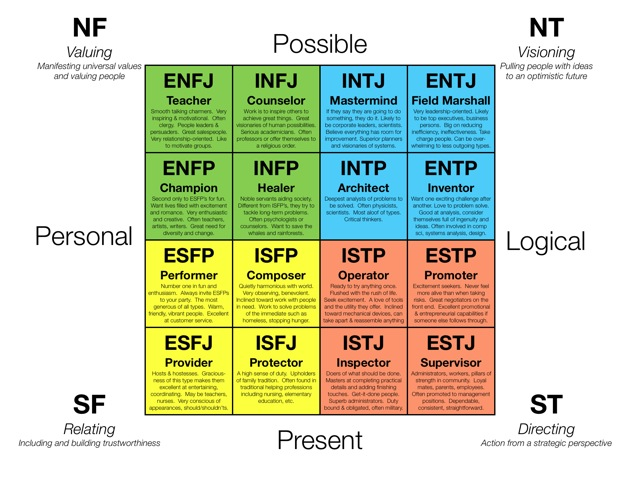
IBM and DaimlerChrysler use the model in recruiting and building teams. DISC is also useful for sales managers - the model helps to find an approach to different types of customers.
About this - in our article based on materials from the German online magazine Impulse.
The DISC Model and the Four Behaviors
In the 1920s, psychologists Carl Gustav Jung and William Marston (separately) searched for the causes of repetitive behavior in people.
They came to the conclusion that our behavior is based on education, experience and socialization: if a certain strategy was successful once, we use it again and again.
That is why we can talk about personality types that have a stable set of characteristics.
The research of William Marston (not only an eminent psychologist, but also the creator of the Wonder Woman comics) formed the basis of the DISC model.
Psychoanalysts proceed from the fact that there are two types of people: extroverts, for whom it is important to be in the spotlight, and introverts, for whom reflection is important.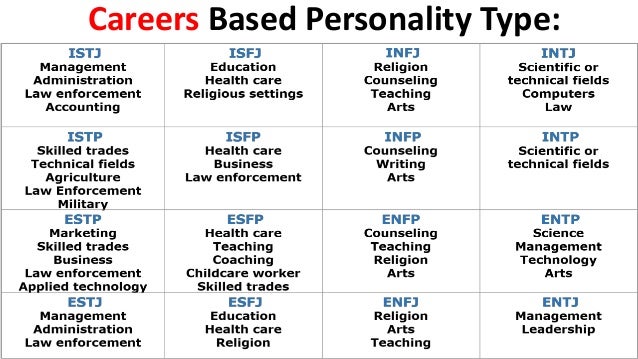
In addition, people can be divided by priority.
For a goal-oriented (or task-oriented) personality, the main thing is to achieve what was planned at any cost. The person-oriented type tries to surround himself with people whom he appreciates and who appreciate him.
So we get four combinations describing personality types according to DISC:
#1. Extroversion + goal orientation = dominant type (D - Dominance)
These are born leaders, they are straightforward and proactive. They make decisions quickly, are focused on results and progress.
#2. Extroverted + people-oriented = influential type (I - Inducement)
Optimistic and cheerful people who easily win the favor of others.
#3. Introversion + human orientation = constant type (S - Steadiness)
Such people are attentive to others, calm, value stability and reliability.
#4. Introverted + goal-oriented = corresponding (agreeing) type (C - Compliance)
People of this type are careful and try to adhere to the rules and instructions. They are reserved and do not seek close contact.
How to use the DISC model in sales
DISC helps to quickly assess the client, adjust to his type of behavior and choose the right argument.
Greeting
Dominant type . The client immediately gets down to business and seeks to control the conversation - give him this opportunity.
Power type . It is important for such a person to establish warm contact with the interlocutor. The decision to make a deal largely depends on personal liking.
Permanent type .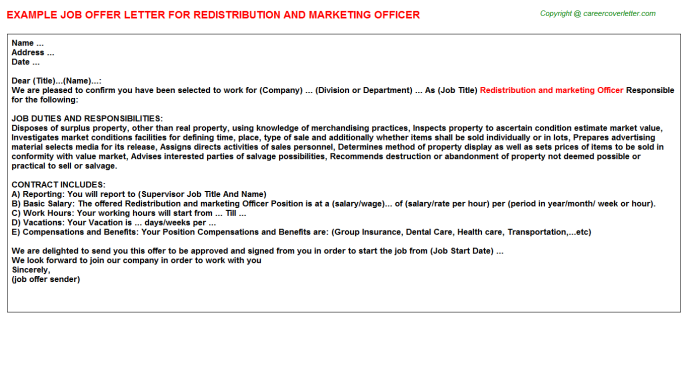 Such people at the stage of acquaintance try to find something in common with the interlocutor.
Such people at the stage of acquaintance try to find something in common with the interlocutor.
Corresponding to type . The client is ready for discussion after a short small talk. From the very beginning, it is important for him to see that the interlocutor has carefully prepared for the meeting.
Demand detection
Dominant type . Ask the client clear questions, curtseys are not needed here. At the end of the conversation, be sure to ask if he wants to clarify something else.
Influential type . People of this type can answer questions very extensively and go far in their thoughts, so the task of the interlocutor is to return him to the topic of conversation.
Permanent type . Straightforwardness, which is good in communicating with the dominant type, will not work here.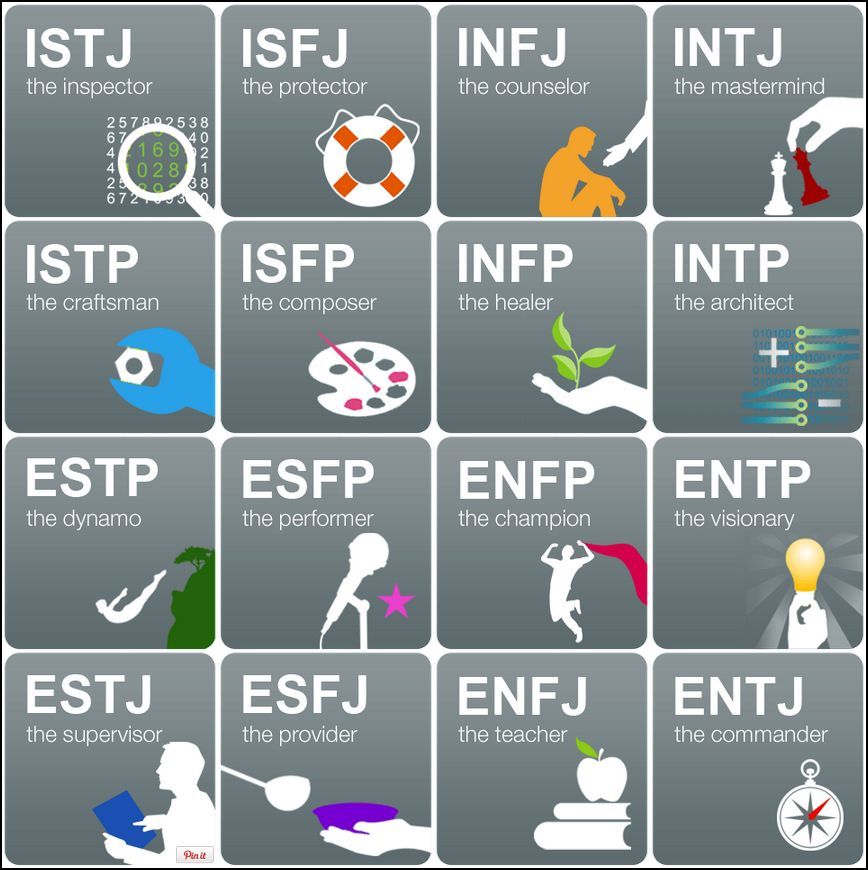 Try to "package" the question so that it does not scare away the client.
Try to "package" the question so that it does not scare away the client.
Corresponding to type . These clients answer questions in detail, but you should be prepared to explain why you are asking about it.
Consulting and presentation
Dominant type . The main thing that interests such a client is what is his benefit. Don't waste his time and yours on general benefits, don't go into technical details. Dominant clients make decisions quickly and often spontaneously.
Power type . Such a client should be told what benefits he will receive in comparison with those who have not purchased this product or service. Specifications have little effect on the purchase decision.
Permanent type . It is important for him to understand the product well and find feedback from other customers.
Corresponding to type . These clients value accuracy: numbers, facts, tables, and research results. In this case, the data must be confirmed by reliable sources.
The decisive factor in the purchase will be the technical specifications. When communicating with such clients, it is better to avoid abstract phrases and long descriptions of benefits.
All business content in a convenient format. Interviews, case studies, life hacks corp. of the world - in our telegram channel. Join now!
Closing a deal
Dominant type . Despite the fact that dominant customers often make spontaneous decisions (including under pressure from the seller), it is important for them to feel that they have made a thoughtful independent choice: it was not you who sold the product, but they bought it.
Power type . It is difficult for such clients to make a final decision. Do not offer them a choice of several options - choose the best one and sell it.
It is difficult for such clients to make a final decision. Do not offer them a choice of several options - choose the best one and sell it.
Permanent type . People of this type need time to think, they need to consult with colleagues and loved ones. You can show them reviews from other clients and even share their contacts if it's a big deal.
It is very important not to put pressure on such clients - otherwise they close, and the chance of a sale drops sharply.
Corresponding to type . Before making a purchase decision, such a client will once again evaluate all the data and critically approach your arguments. Provide additional information and allow time for reflection.
After sales communication
Dominant type . For him, the main thing is to see concrete results from using the product. Ask if he is satisfied with the purchase, whether it meets expectations.
Ask if he is satisfied with the purchase, whether it meets expectations.
Power type . Discuss what personal benefits the customer gained from the purchase.
Permanent type . Clients of this type appreciate the opportunity to maintain contact with the manager with whom he made a deal.
Instead of contacting the general helpdesk, he would prefer to call an employee he knows directly. He will be pleased if you remind him of yourself from time to time for no particular reason.
Corresponding to type . Respond promptly to questions and provide new useful information.
Types of buyers and their characteristics: how to work with them
Audio version of this article
Group customers can be identified not only by demographic characteristics, but also by the type of behavior, psychological characteristics.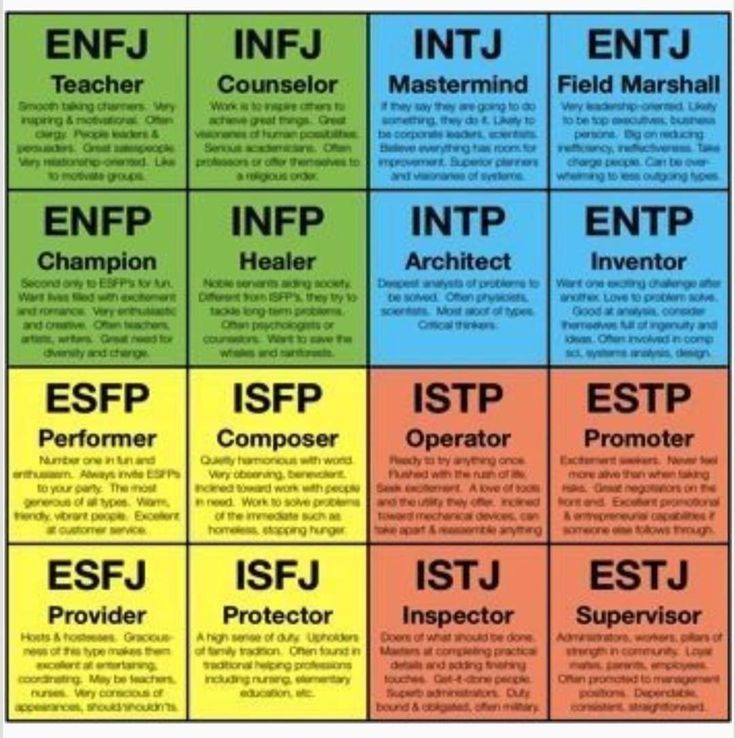 This knowledge helps launch products and increase sales. Therefore, it is useful to find an approach to different types of customers
This knowledge helps launch products and increase sales. Therefore, it is useful to find an approach to different types of customers
Contents
Why you need to understand the types of customers
What are the types of customers and how to sell them
How to work with "heavy" customers
Main types of Internet customers
How to sell products online to different types of customers
Business environment
Knowledge and services platform for business
Open an IP now
💎 Business environment Premium
Join a private club and get access to business development materials
Try for free 9020 for 14 days
Why you need to understand the types of customers
Sales manager or owner business, if he takes on such tasks, must have a developed emotional intelligence and being communicative.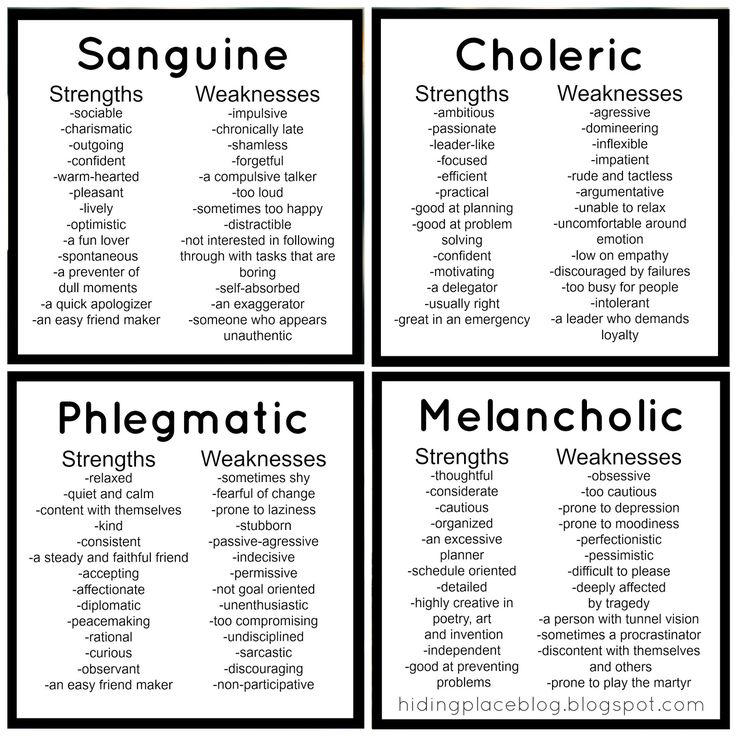 This is necessary to determine type of client and find the right approach to it.
This is necessary to determine type of client and find the right approach to it.
Knowledge of customer classification type making a decision, the psychotype of a person in sales allows:
-
to build long-term and stable relationship with them;
-
choose the correct strategy of behavior when concluding a transaction and in solving other questions - when dealing with failures, encouraging them to re-purchase;
-
demonstrate audience competitive advantages of the company and present the product;
-
gradually build a base of regular customers.
📌 Tip
Although there are different types of classifications, it is better every time you communicate with the buyer, focus on his requests and behavior. Clients do not like boilerplate scripts.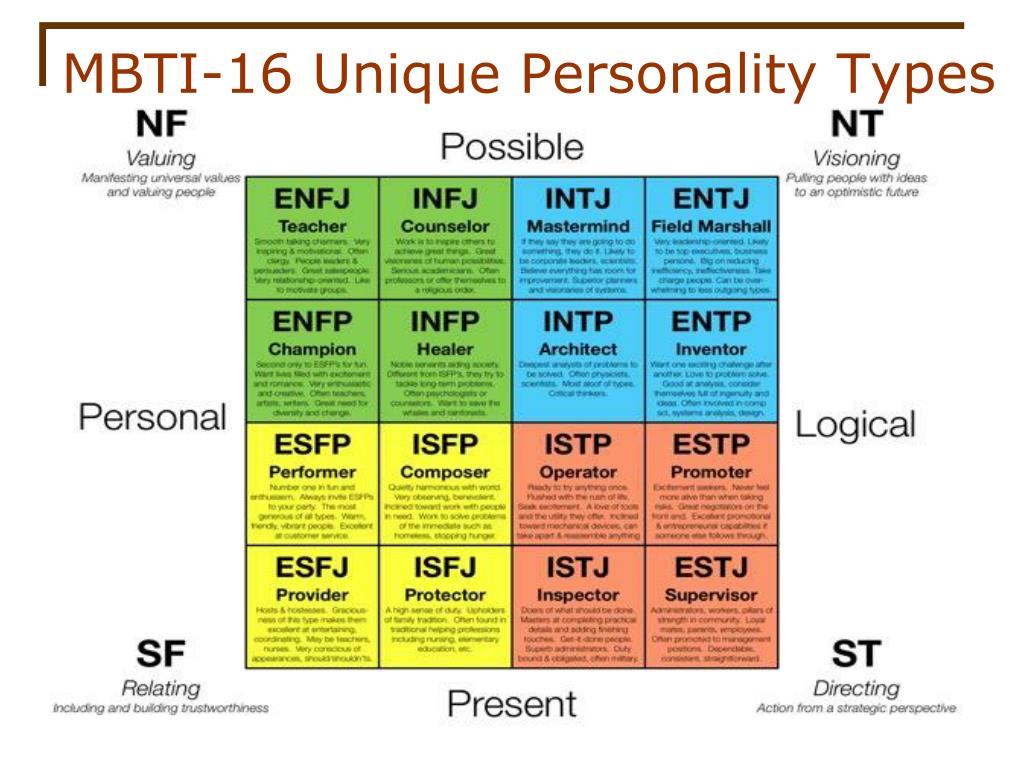 And it's not depends on what type the buyer is.
And it's not depends on what type the buyer is.
What are the types of clients and how sell
There are many different classifications. But the more research, the more difficult it is to navigate them. seller.
For example, in the General Director magazine cited 4 buyer classification:
-
service preferences,
-
psychological characteristics,
-
by stage shopping,
-
behavior.
purchasing decision principle. If an entrepreneur builds long-term relationship with customers, interacts not only at points of sale, but also in social networks, then a classification according to the psychotype of personality is suitable.
By the type of decision making
First of all, conscious and spontaneous buyers are distinguished.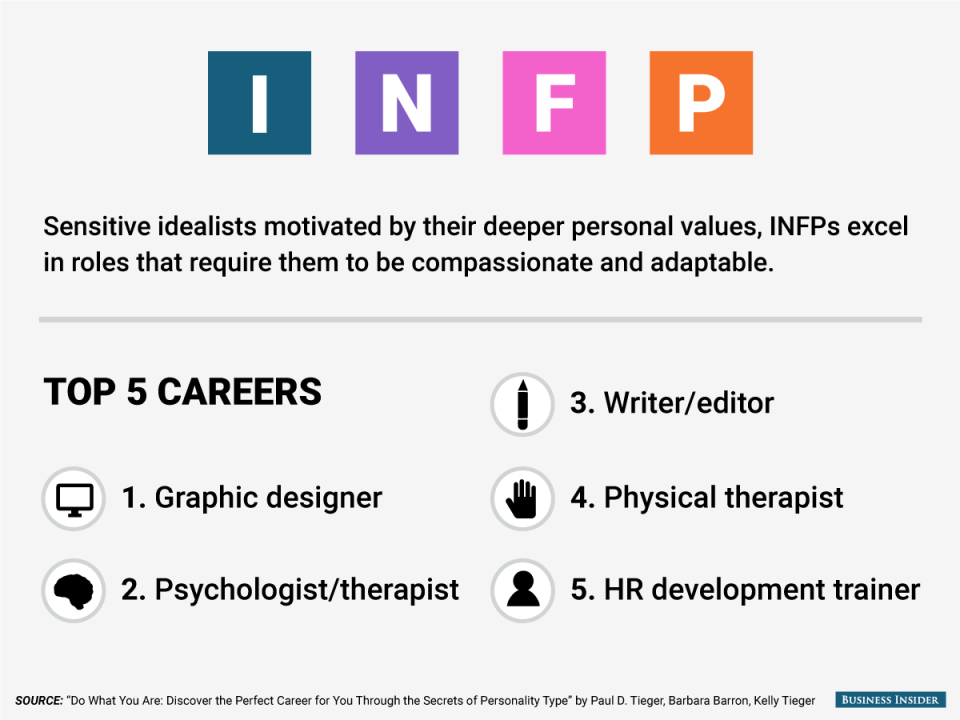 The former pay more attention to the quality of the goods, think over the shopping list, allocate and control the budget. They are more likely to support eco-brands, buy in second-hand stores, use shopper bags, pick up capsule wardrobe.
The former pay more attention to the quality of the goods, think over the shopping list, allocate and control the budget. They are more likely to support eco-brands, buy in second-hand stores, use shopper bags, pick up capsule wardrobe.
Those who make decisions spontaneously often go shopping with loved ones or in a state of stress, buy simply because there is a discount on the product. These types of clients make the most shopping under the influence of emotions.
Knowing which group of customers you work with, you can improve positioning. For example, conscious customers should offer goods in sets, in a conversation with them emphasize eco-friendly mission of the company, appealing to the spontaneous is to appeal to emotions.
Looking closer at the process making a purchase decision, 5 more types of customers can be identified:
-
Deal hunter.
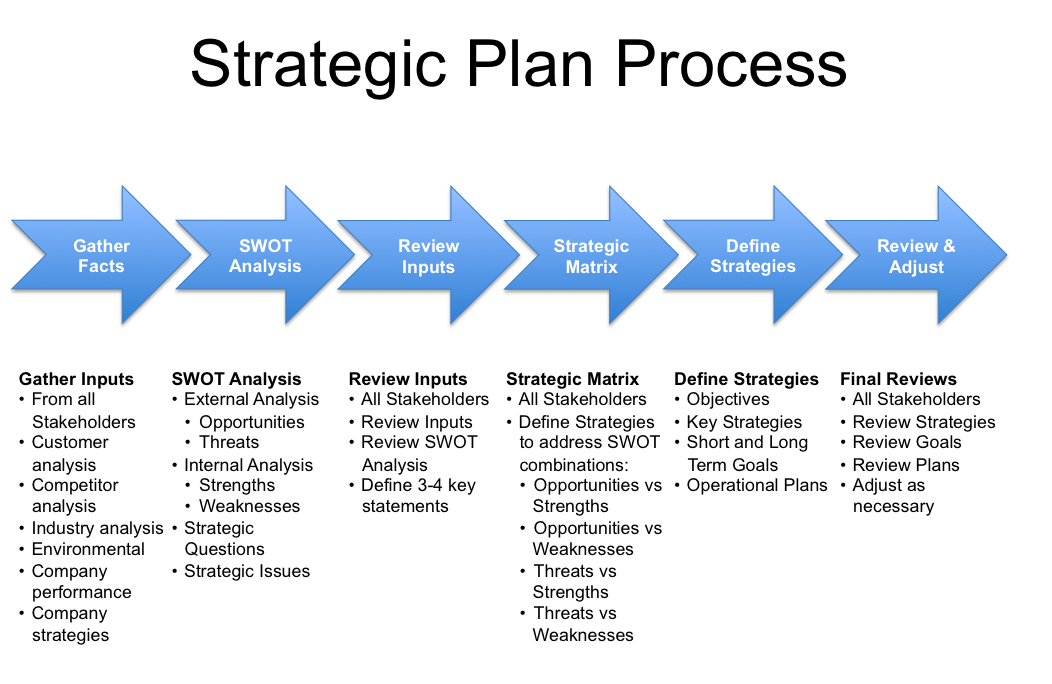 Prefers good deals. Consciously plans purchases so in order to economize. Such a client perceives only reasoned arguments. He should be given as much information as possible, but not pressured. him.
Prefers good deals. Consciously plans purchases so in order to economize. Such a client perceives only reasoned arguments. He should be given as much information as possible, but not pressured. him. -
Researcher. Carefully studies information about goods, only after that makes a decision. For a successful sale it is necessary to show interest in the problems of the client, surround him with attention, offer the best solution.
-
A person on a mission. Knows exactly why he comes to shop. Prefers to make a purchase quickly and satisfy immediately a few of your needs. Willing to pay any amount for what you like product. The best tactic is to let that buyer take that one. the item he chose.
-
Impulsive shopper. Relies on emotions and feelings. It's good to approach sales creatively, emotionally describe the product, do not forget to talk about the practical benefit.
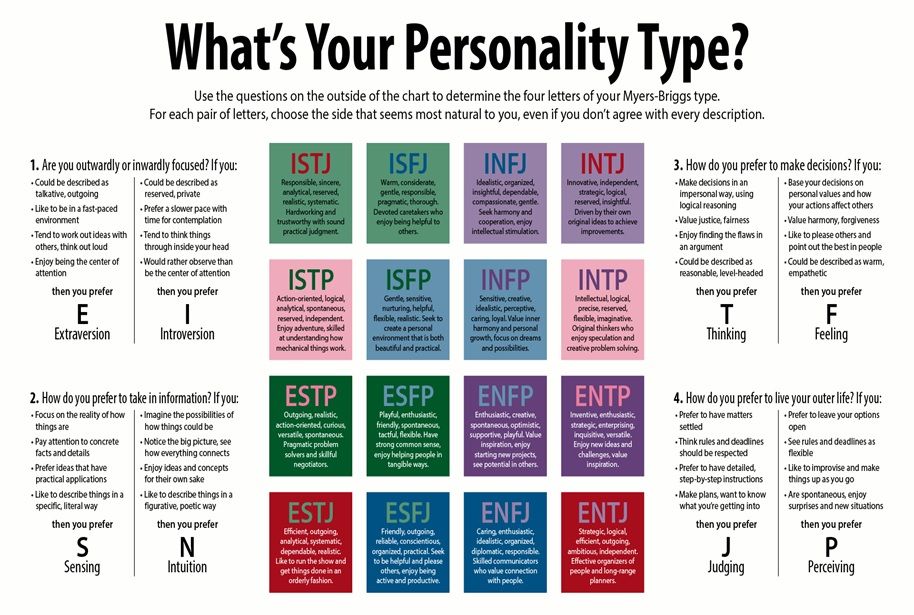
-
Loyalist . Prefers a favorite brand, sometimes badly perceives novelties. Such The client can be turned into a brand advocate. Ask him to write a review for a discount, subscribe to pages on social networks or participate in presentation of a new product.
❗️ Attention
Buyers should not be assigned to any one type. In the work of the manager sales are more often mixed, among which one type is dominant.
According to personality type
Depending on the prevailing traits character, 4 psychotypes of buyers can be distinguished:
-
Traditionalists. They love peace and stability, adhere to a routine, a lot work, honor traditional values. Men of this kind strive to provide for the family, women - to create comfort in the house, benevolent family atmosphere.
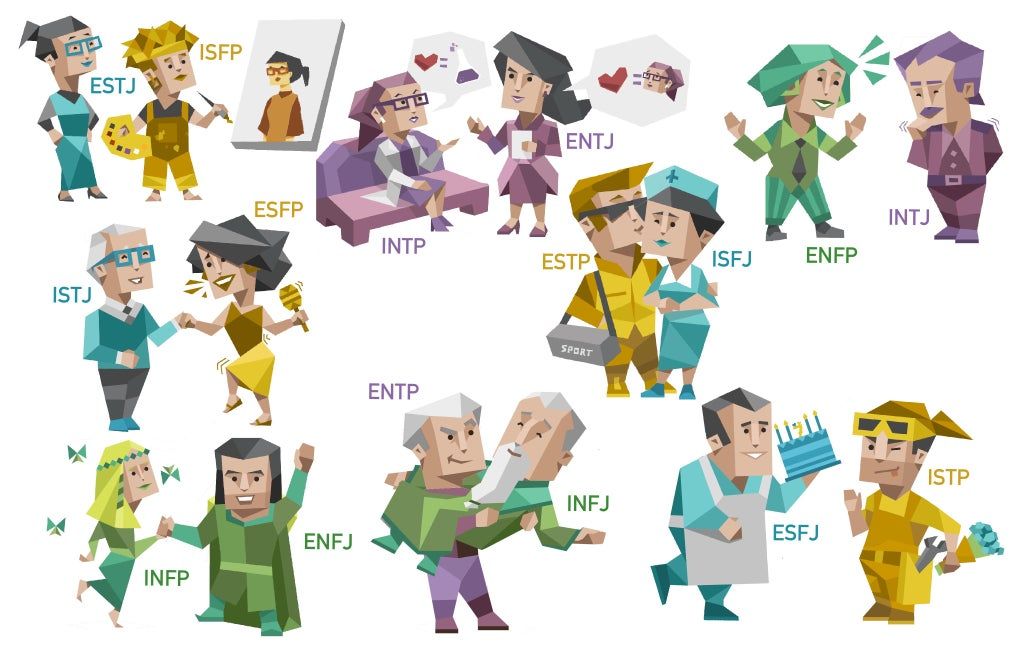 This type tends to follow a strategy necessary purchases. They prefer to save, plan in advance what buy goods. When working with such buyers, you need to make a process selection and conclusion of a transaction convenient, fast, efficient.
This type tends to follow a strategy necessary purchases. They prefer to save, plan in advance what buy goods. When working with such buyers, you need to make a process selection and conclusion of a transaction convenient, fast, efficient. -
Hedonists. They believe that one should receive from life maximum pleasure. More like spending money than saving. Guided by emotions, they can make purchases under the influence of trends. Interested in trying new things. pay attention to price and the quality of the goods, attach more importance to this than representatives of other types.
-
Rationalists. Live dynamically but stick to plan. Trying to make the most of every minute. Prefer tested goods. These are pragmatic consumers who rarely deviate from their list to make an impulse purchase. Wherein economy is not the main selection criterion for rationalists.
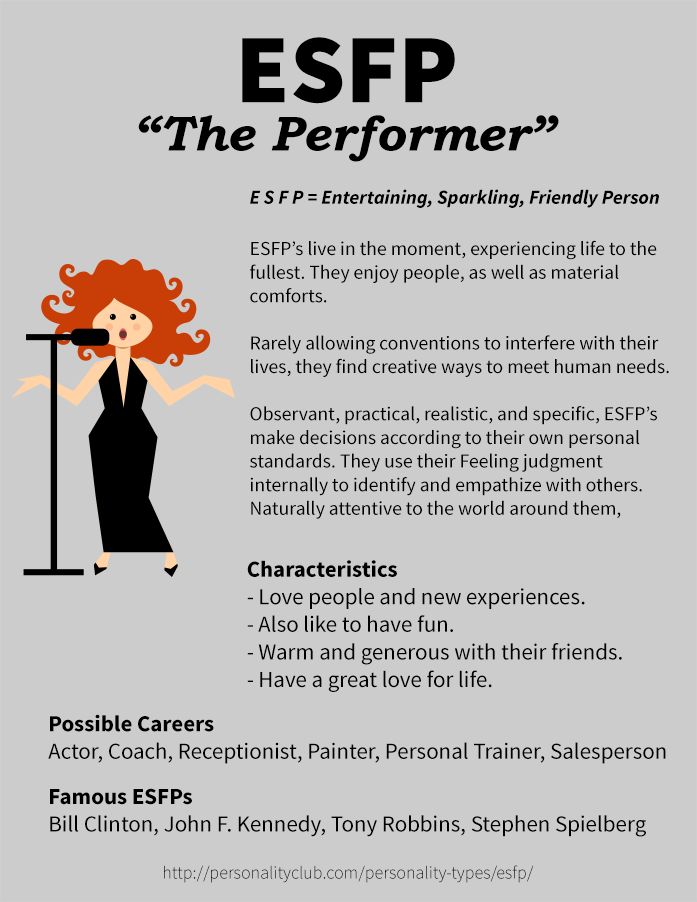 When making purchases they are guided by value for money.
When making purchases they are guided by value for money. -
Idealists. Make time for spiritual and emotional growth. They consider it important to be in harmony with peace and concern for nature. Make quick and inexpensive purchases. For a long time decide to purchase something large and expensive. They tend to concentration on your feelings, experiences.
💎 Premium Business Environment
Join the Private Entrepreneur Club and get support from the business community
Free Trial for 14 days
How to deal with difficult clients
Standard sales techniques can stop working when a "heavy" client comes across. Determine the type of buyer with whom problems are not easy: they are different, and each needs its own approach. General characteristic it is only considered that in order to conclude a transaction with such a visitor, the manager or the business owner will have to work hard.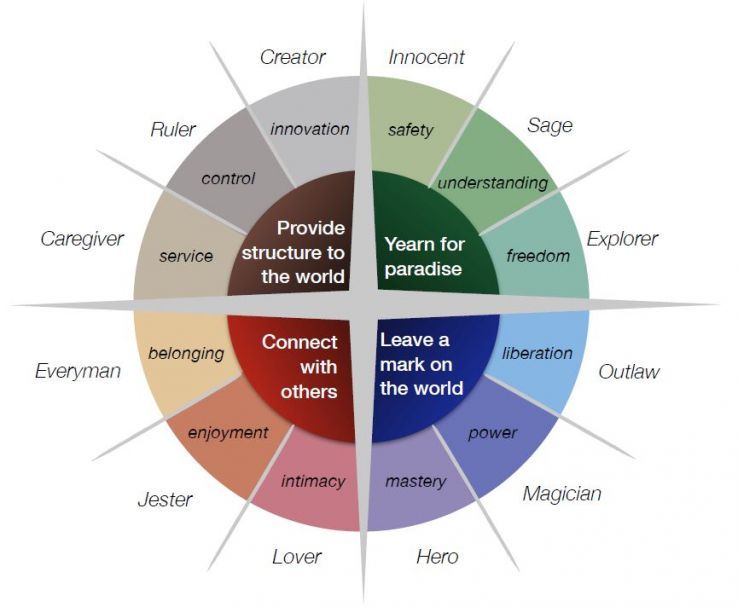
Several types of "complex" clients:
-
Egocentrics. Buyers, which are attributed to him, are focused on themselves. In dealing with them, you need stay calm, polite and friendly.
-
Optional. Constantly reschedule meetings, avoid the final resolution of the issue, and if the transaction has already been completed, then delayed with payment. With such people you need to fix everything agreements: duplicate in the messenger, register in the documents.
-
Dictators. They know what they want. It's theirs positive feature. But sometimes dictators start to do remarks to employees, make unfounded claims. Better not promise them nothing superfluous and be ready to answer for your words.
-
Doubters. They ask a lot of questions, and in each the answer is seen as a deceit or a trick.
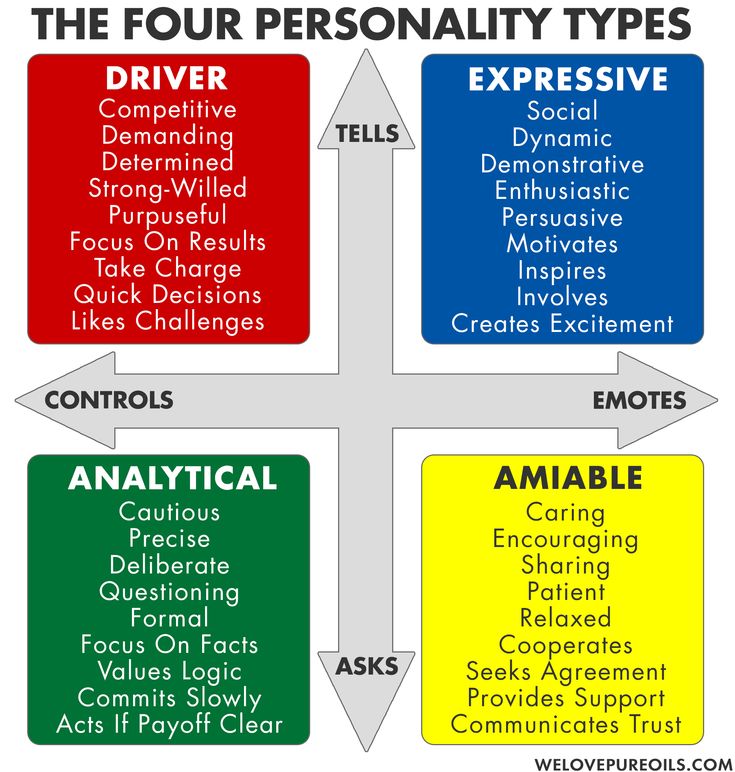 In dealing with them it is useful to gain patience, show a moderate positive and play ahead of the curve: do not wait the next question, and immediately talk about the nuances of the product.
In dealing with them it is useful to gain patience, show a moderate positive and play ahead of the curve: do not wait the next question, and immediately talk about the nuances of the product. -
Brawlers. Sometimes it seems that clients of this type are specifically looking for cause for scandal. They threaten, write complaints, demand the dismissal of managers, do not want to hear adequate arguments. When working with them, you should not show your emotions, try to answer questions in a calm voice. At the need to refer to laws, rules and other regulations.
Main types of Internet clients
To build the right strategy presence in social networks and determine the promotion policy, you need to know who will have to deal with.
To the main types of Internet clients include:
-
Economical.
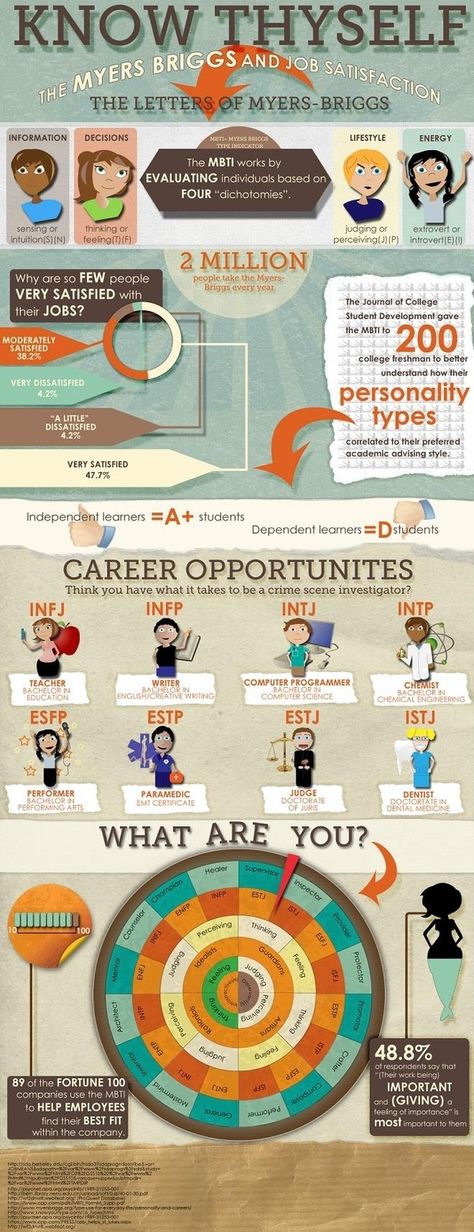 This type buyer It's not hard to check many online stores for the best deal. It doesn't matter how the product is presented. Selection criterion - price. Thrifty will buy where he can find cheaper. To attract him, you will have to hold sales, make discounts.
This type buyer It's not hard to check many online stores for the best deal. It doesn't matter how the product is presented. Selection criterion - price. Thrifty will buy where he can find cheaper. To attract him, you will have to hold sales, make discounts. -
Free. These are active participants in competitions and lotteries in social networks, subscribers of the groups “Give it away for free”, “Free city". It is debatable whether they can be attributed to clients, because It is difficult to encourage "freebies" to buy.
-
Singles. Clients who require communication with a manager. Perhaps they seek to make up for the lack of social connections in life. Such clients will write to the chat, call the call center to ask the specialist your questions. With some representatives of this type difficult to communicate. The seller in a conversation with them should not exaggerate, otherwise conflict may follow.
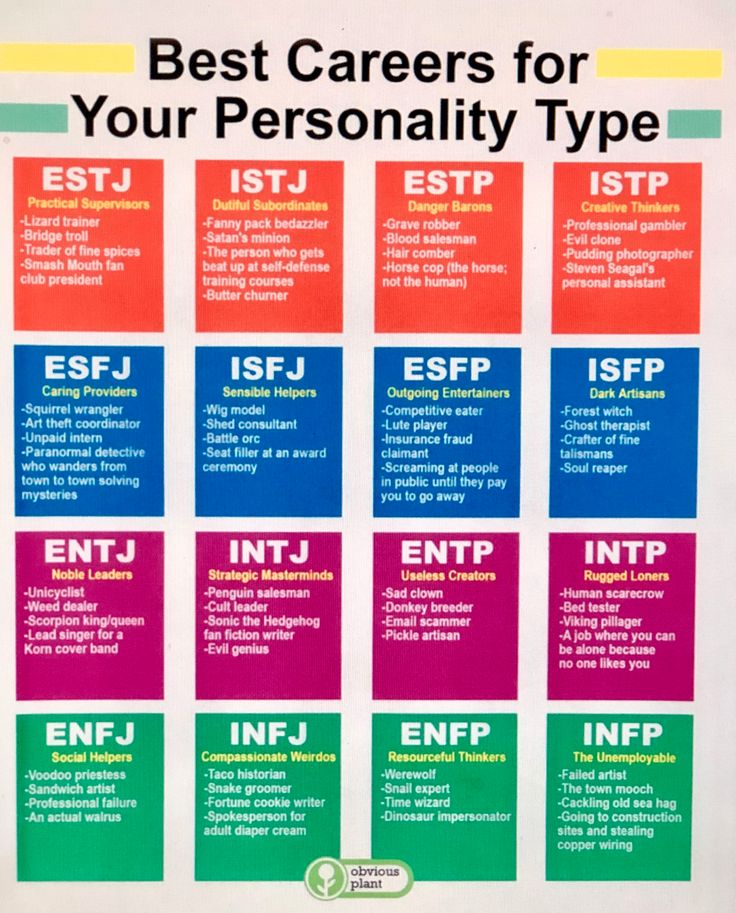 If the "loner" becomes a client company, he is likely to return for a second purchase.
If the "loner" becomes a client company, he is likely to return for a second purchase. -
Lawyers. Similar to the previous type. They differ in that they know their rights well and will defend them when need.
-
Imitators. Their main need is to be in trend. Celebrity reviews often become arguments in favor of the purchase, product mentions by bloggers. This type of customer is well received. novelty, prone to experimentation. When working with "imitators" focus on the status of the product. And this must be taken into account in Internet promotion. Discounts in this case will not help much, because do not increase the loyalty of imitators, but only deprive the company of part of the profits.
-
Offended. These are people who are convinced in advance that that others want to harm them. They are more likely to react negatively to product descriptions that contain statements that are questionable or not corresponding to reality.
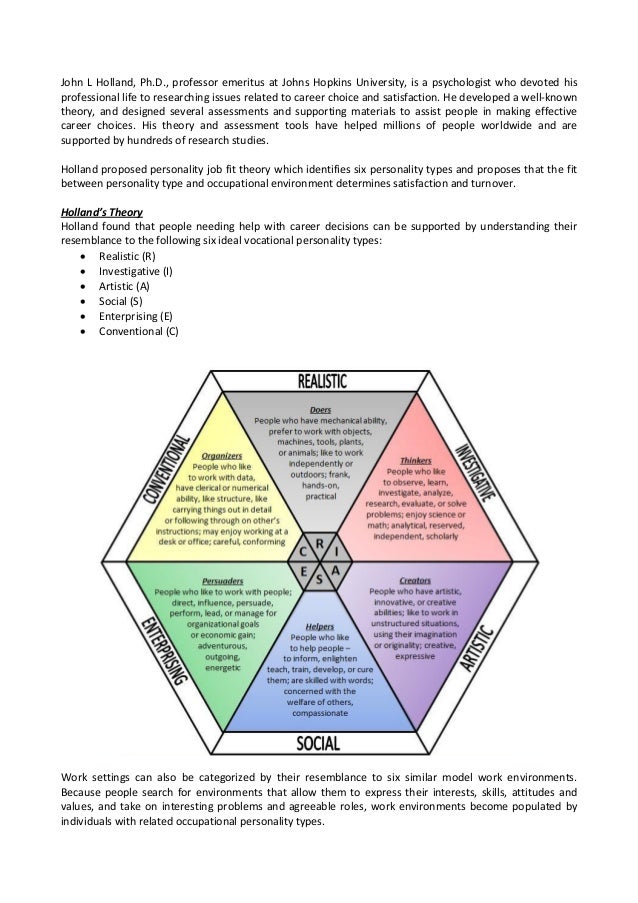 Yes, and in general they question information on the site, in the cards. More other types tend to write negative feedback if anything goes wrong at any stage of the transaction.
Yes, and in general they question information on the site, in the cards. More other types tend to write negative feedback if anything goes wrong at any stage of the transaction. -
Oscillating. Not confident in their choice and often do not know what they want. Trying to do the final choice, such buyers can study the products on the site for a long time, read their characteristics, compare. Often they throw baskets of goods, before placing an order. "Squeeze" them can help mailing with a reminder of forgotten items in the basket, a discount offer for one or a few or a detailed story about the benefits of selected products.
Telegram business environment
More benefits for you and your business every day in our Telegram channel
Subscribe to Telegram
customers
Online shopping behavior of consumers often does not fit into standard models designed for traditional trade.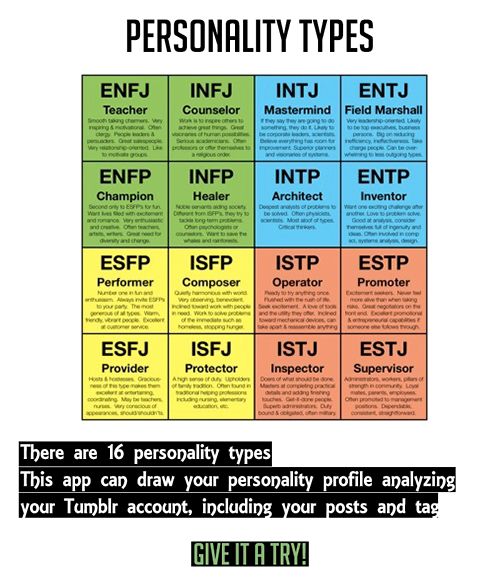 Therefore, when selling on the Internet, you need to take into account the specifics e-commerce.
Therefore, when selling on the Internet, you need to take into account the specifics e-commerce.
According to various studies, for most buyers, the speed and quality of delivery is more important than discounts, and some leave sites due to poor navigation. These statements are true for different types clients.
If the goal is to achieve high online sales, you should first check:
-
speed download site,
-
convenience navigation,
-
integrity links,
-
performance forms,
-
adaptation to mobile devices.
Helpful for customer service use a callback or online chat. Contact permanent buyers after they visit the site. Can you offer a discount? or clarify if you need help choosing a product. An early call will help. close more than one deal.